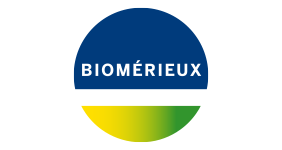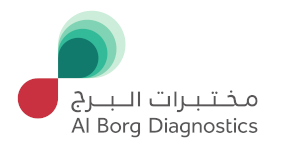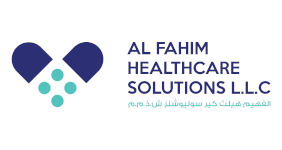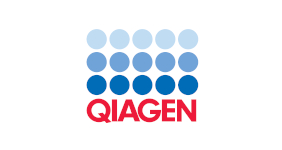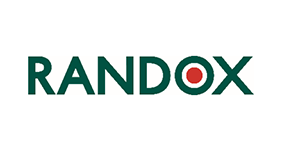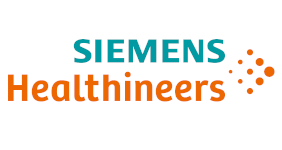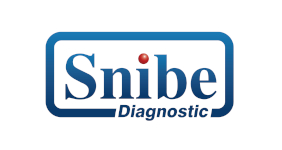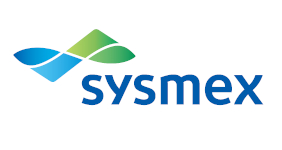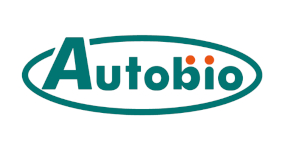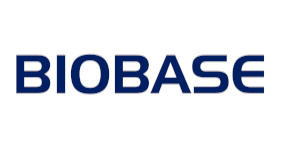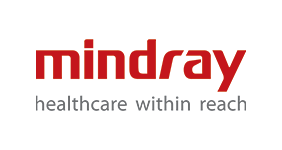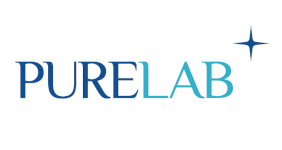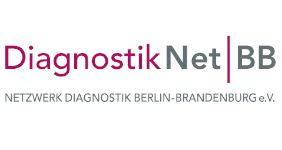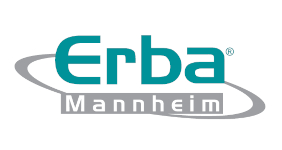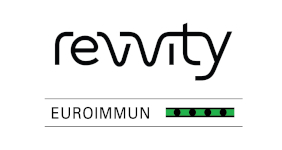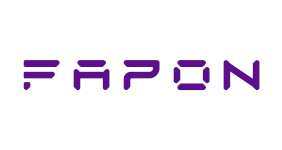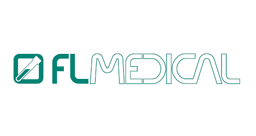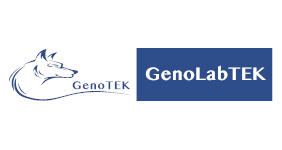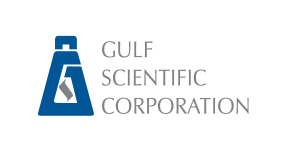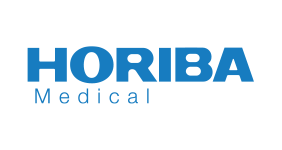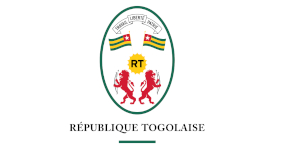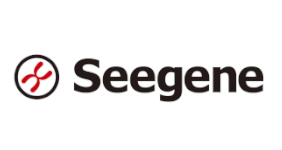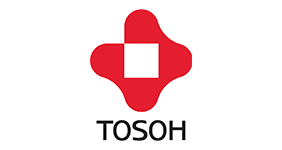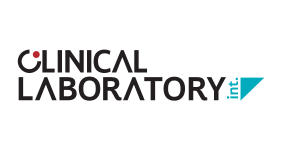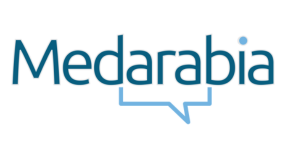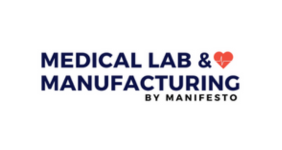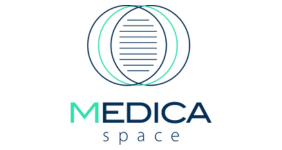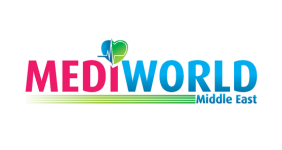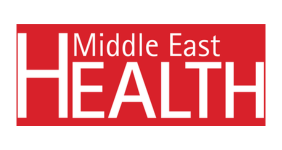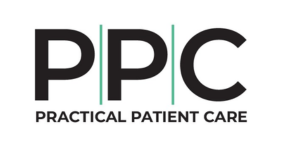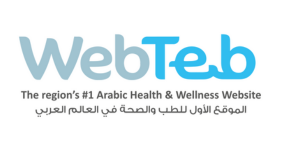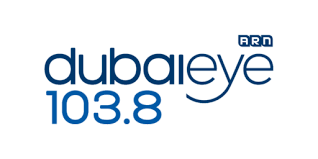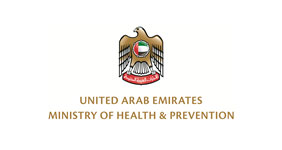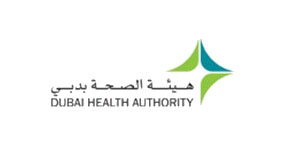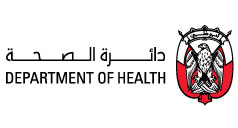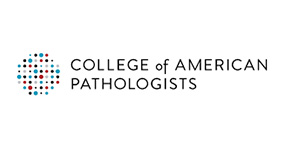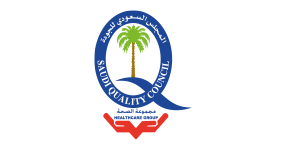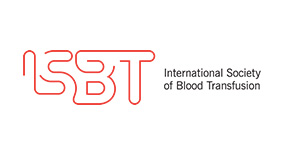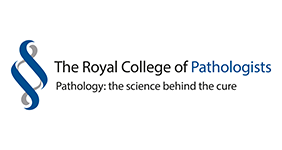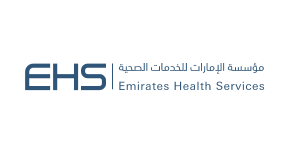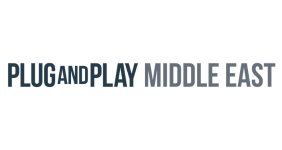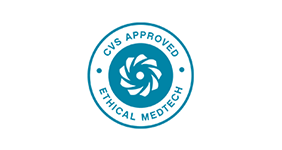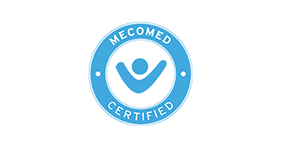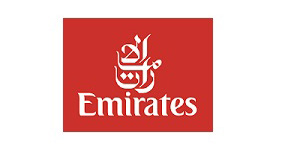Medlab explores "Lab of the Future" as the UAE prepares to adopt the use of Artificial Intelligence in the medical laboratory
- AI set to significantly change the way that laboratory medicine is performed in the UAE
- AI predicted to add US$182 billion to UAE's economy by 2035 with the healthcare industry taking a US$22 billion slice of the gains in its GVA
- Artificial Intelligence conference takes place from 4-7 February 2019 at Medlab Exhibition & Congress in Dubai, UAE
Dubai, United Arab Emirates, 19 November 2018: Medlab, the MENA region’s largest medical laboratory exhibition and congress, has announced the launch of its inaugural Artificial Intelligence (AI) conference taking place during the 18th edition of the show, which will run from 4–7 February 2019 at the Dubai World Trade Centre, Dubai, United Arab Emirates.
The conference will explore the potential for AI to transform the medical laboratory industry in the UAE through improved efficiencies and how diagnosis can be revolutionised through futuristic technologies such as data robots and “bloodless blood tests”.
With AI predicted to add US$182 billion to UAE's economy by 2035 and the healthcare industry taking a US$22 billion slice of the gains in its gross value added (GVA), medical laboratories across the country are preparing for the “AI lab of the future”.
Adding to this, the UAE Strategy for Artificial Intelligence - launched in 2017 – and the appointment of the country’s first UAE Minister of State for Artificial Intelligence, aims to make the country a world leader in the field of AI investments in healthcare in order to minimise chronic and dangerous diseases.
Commenting as Chair of the Artificial Intelligence conference at Medlab, Dr P. K. Menon, Director and COO of UAE-based Thumbay Labs, said: “The medical laboratory has been one of the earliest to adapt robotics and AI into its workflow. As early as 1984, the EXPERT consultation system-building tool, a knowledge-based AI programme, was developed at Rutgers University for enabling sequential laboratory testing and interpretation. Now, with the staggering increase in the volume of patient healthcare data, a constant increase in patient expectations and scarcity of resources, AI will be the engine driving improvements across the care continuum.”
“Today’s clinical labs are already using advanced robotics to test minute volumes of blood, serum and other bodily fluids from thousands of samples in a day to give highly accurate and reproducible answers to clinical questions, in scales almost difficult to emulate humanly. In the future, robots used in the clinical laboratory will be heuristic (self-learning), using inferential processes, with numerous ways to derive the best decision possible - even allowing for missing information. AI programmes will change the way our laboratories generate and display clinical information in the future,” he added.
Globally, a number of transformative advancements are being made by the adoption of revolutionary AI technologies in the medical laboratory. Earlier this year, scientists at the Mayo Clinic submitted a bloodless blood test for approval to the U.S. Food and Drug Administration (FDA) in order to create a test that people could do at home, without drawing blood. The algorithm can determine serum potassium levels in the blood by monitoring small changes in electrocardiogram (ECG) waves.
In the UAE, Abu Dhabi-headquartered National Reference Laboratory (NRL) is planning to adopt AI methodologies in the near future as an essential component of NRL’s molecular diagnostic laboratory services, and, with that, be at the forefront of using advanced technology to improve patient outcomes in the UAE and the region.
“It is anticipated that with the aid of AI, there will be an acceleration in novel gene discovery, therefore ending the diagnostic odyssey for many undiagnosed genetic diseases. AI will have a pivotal role in translating genomic research into actionable bedside applications that will benefit both providers and patients, and help in the fulfillment of the promise of precision medicine in the region,” said Dr Val Zvereff, Technical Director of Molecular Genetics at NRL.
Along with the Artificial Intelligence conference, the 2019 edition of Medlab will see the introduction of two more new tracks - Immunology and Cytogenetics & IVF - bringing the total number of CME-accredited conferences to 11. As the region’s only CME-accredited multi-disciplinary medical laboratory congress, Medlab is supporting the healthcare advancements in the region by providing exceptional education as well as management solutions to help advance laboratory skills and improve laboratory functions. Alongside the Congress, Medlab will also host an exhibition with 678+ exhibiting companies from 46 countries, facilitating the exploration of new business opportunities in the global medical laboratory field.
For a closer look at Medlab 2019, please visit www.medlabme.com
– Ends –


